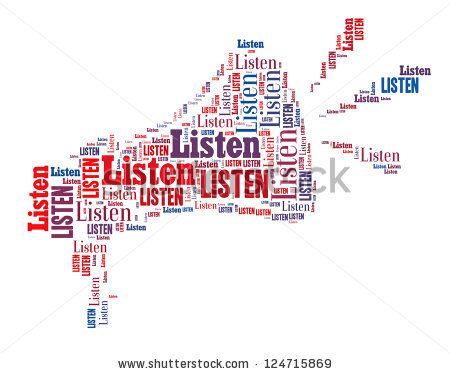
Now then, how should people listen to others? First of all, people need to prepare three things: time, place, and the empty mind. Time and place are important because these things will determine the environment and it may not only influence the speaker’s mood or condition but also the listener’s attitude. Also, if the listener has an extreme emotion or has a serious concern himself, he or she will not be able to concentrate on the speaker’s saying so it is very important for the listener to empty his or her mind before having a conversation.
Second, the listener should have appropriate reactions and gestures while listening. Good gestures include a relaxed body position, gentle eye contact, tender facial expressions, a courageous smile, a friendly voice, etc. These things deliver a message that the listener is interested and paying attention, which makes the speaker feel the story is important. Moreover, whenever the speaker finishes his words, the listener needs to have appropriate reactions. It may include nodding with smile or saying something like “Oh, really?” or “That’s great!” It depends on the situation of the story and it shows the fact that the listener is trying to understand not just the speaker’s words, but also the emotions underneath.
Last but not least, when the speaker wants to communicate because of having some trouble, he or she may need advice. Listener could give an advice but before the listener does that, he or she must keep in mind that trying to understand the speaker’s emotion and getting permission from the speaker is the primary thing to do. For example, if someone has a friend who had a terrible score in the midterm exam, the listener may want to tell immediately how to improve the score like getting up early in the morning or staying in the library longer. Nonetheless, before the listener tells these things, it is very crucial to express that the listener got the feeling of the speaker by saying something like “Oh… I feel sorry for you and I guess it must have been very hard for you since you have worked hard this semester.” Also, the speaker should not forget to ask if the listener really wants the advice.
м Җмһ‘к¶Ңмһҗ © нҸ¬н•ӯкіөлҢҖмӢ л¬ё л¬ҙлӢЁм „мһ¬ л°Ҹ мһ¬л°°нҸ¬ кёҲм§Җ


